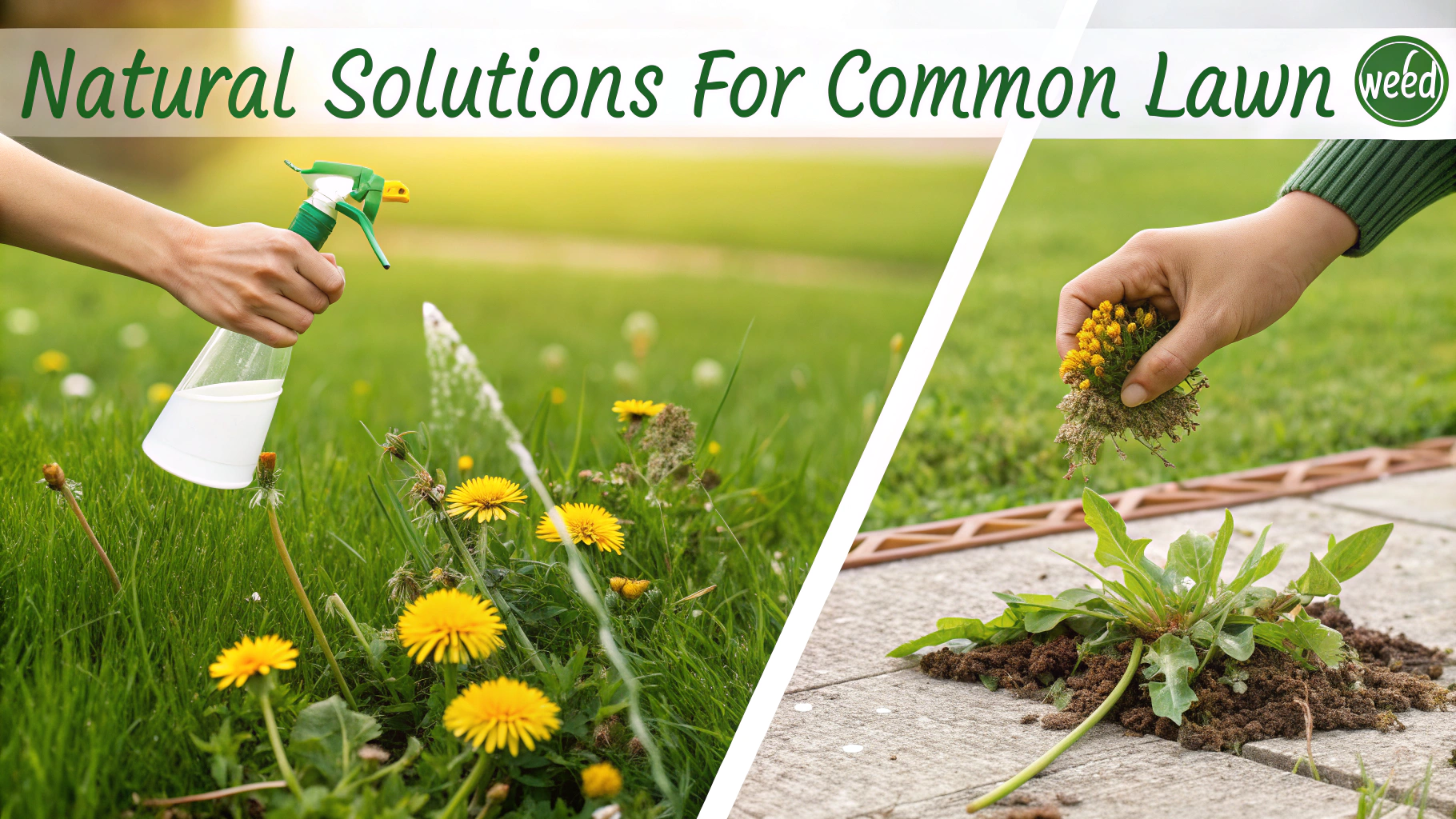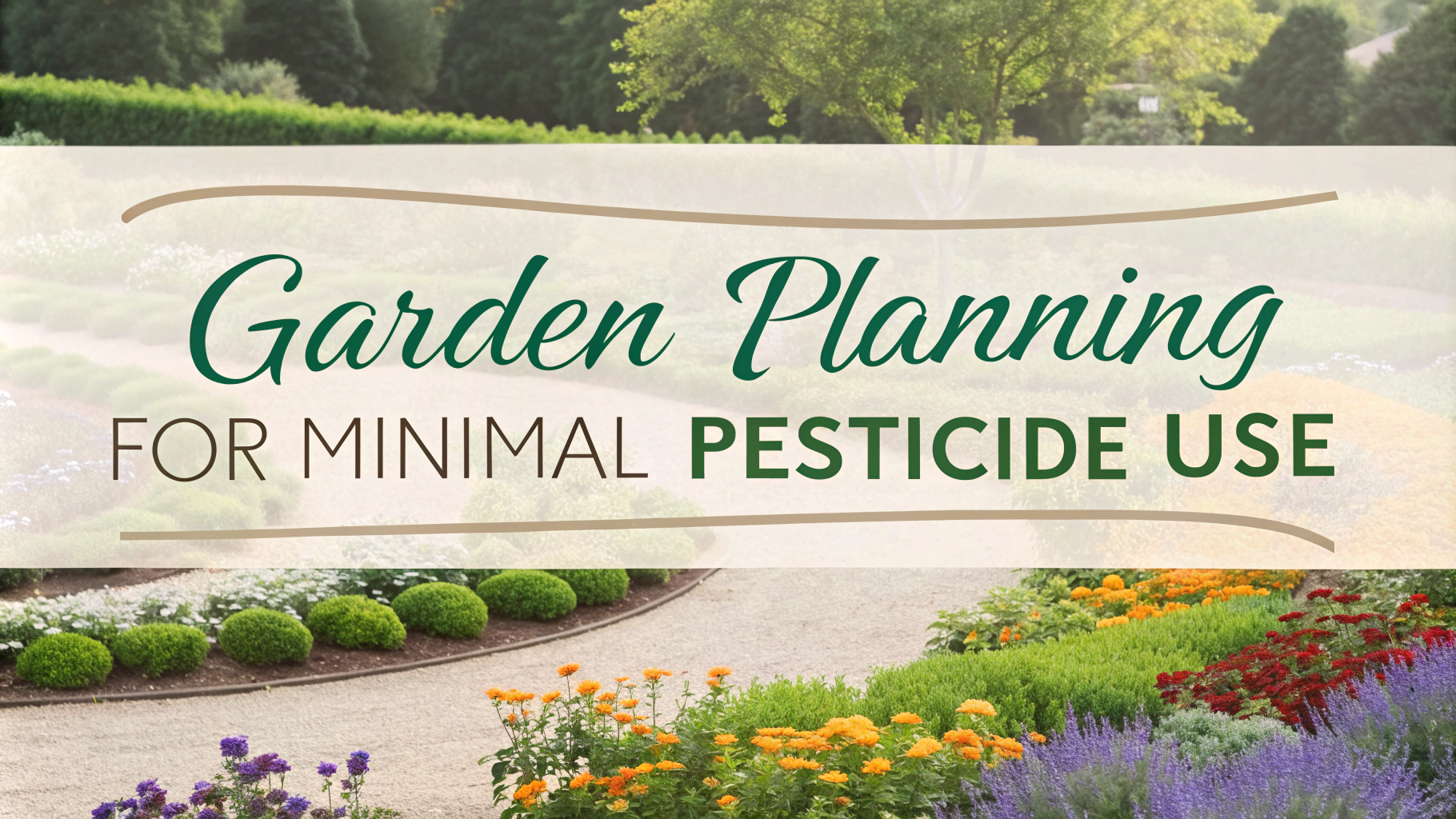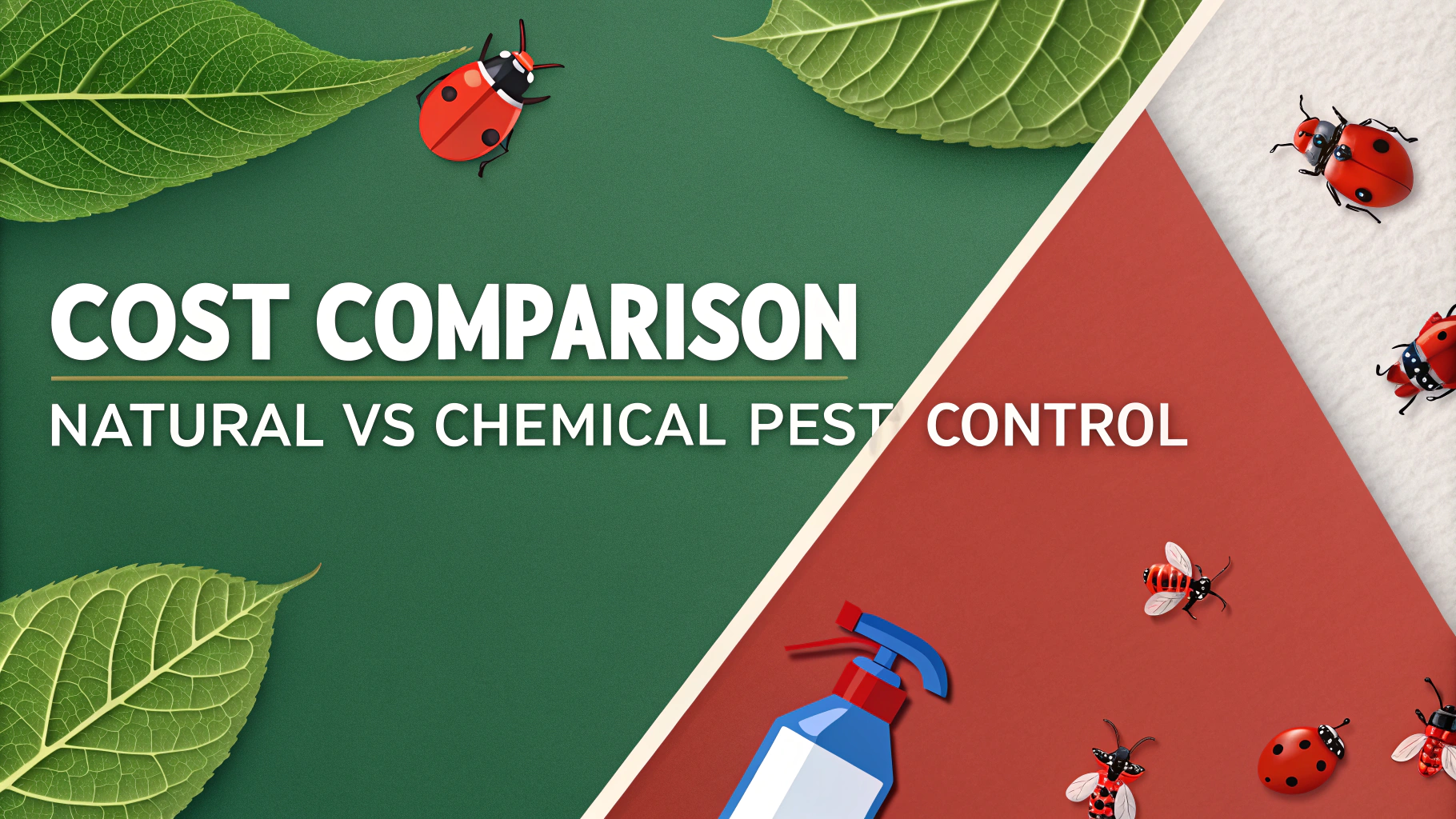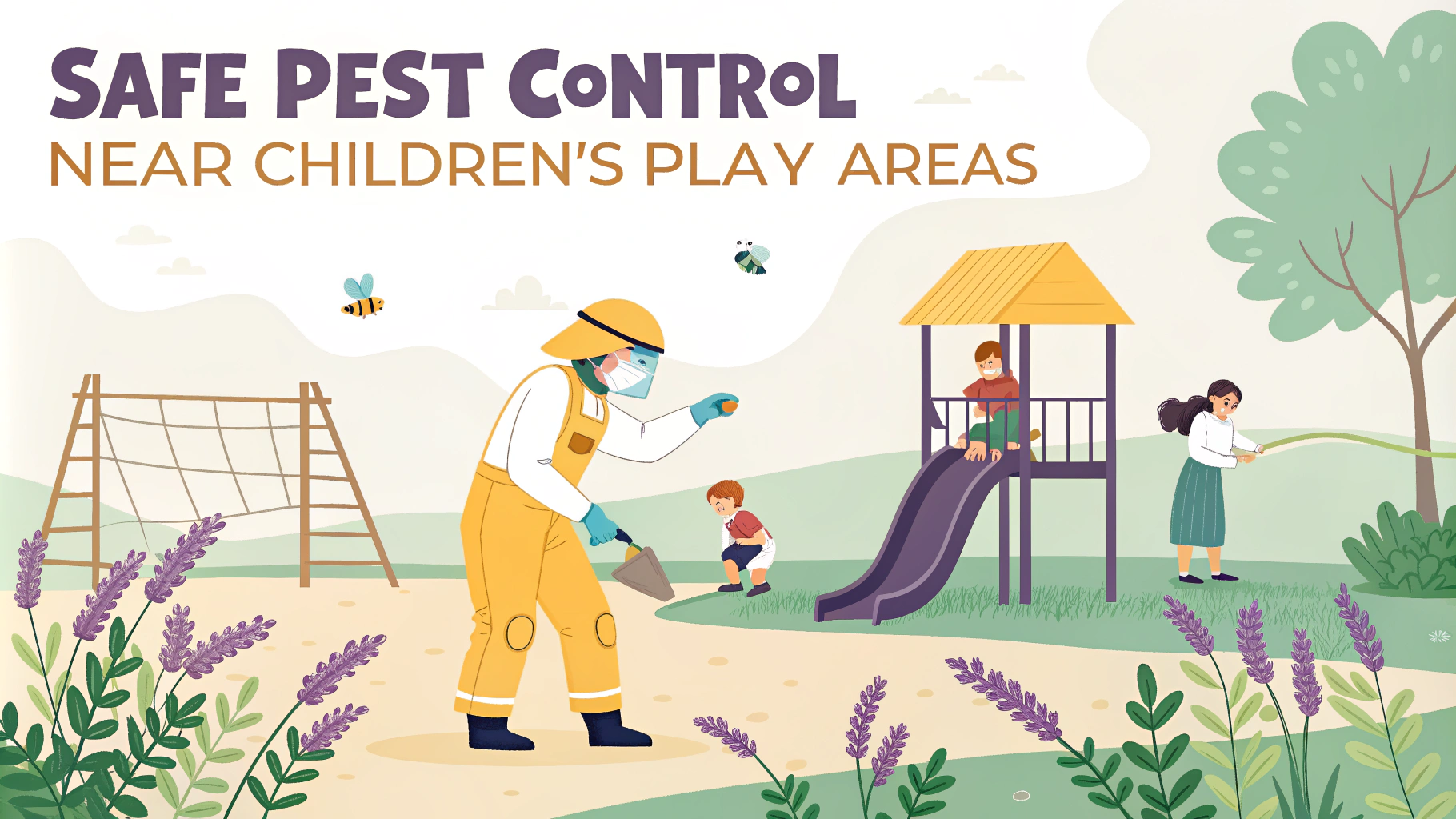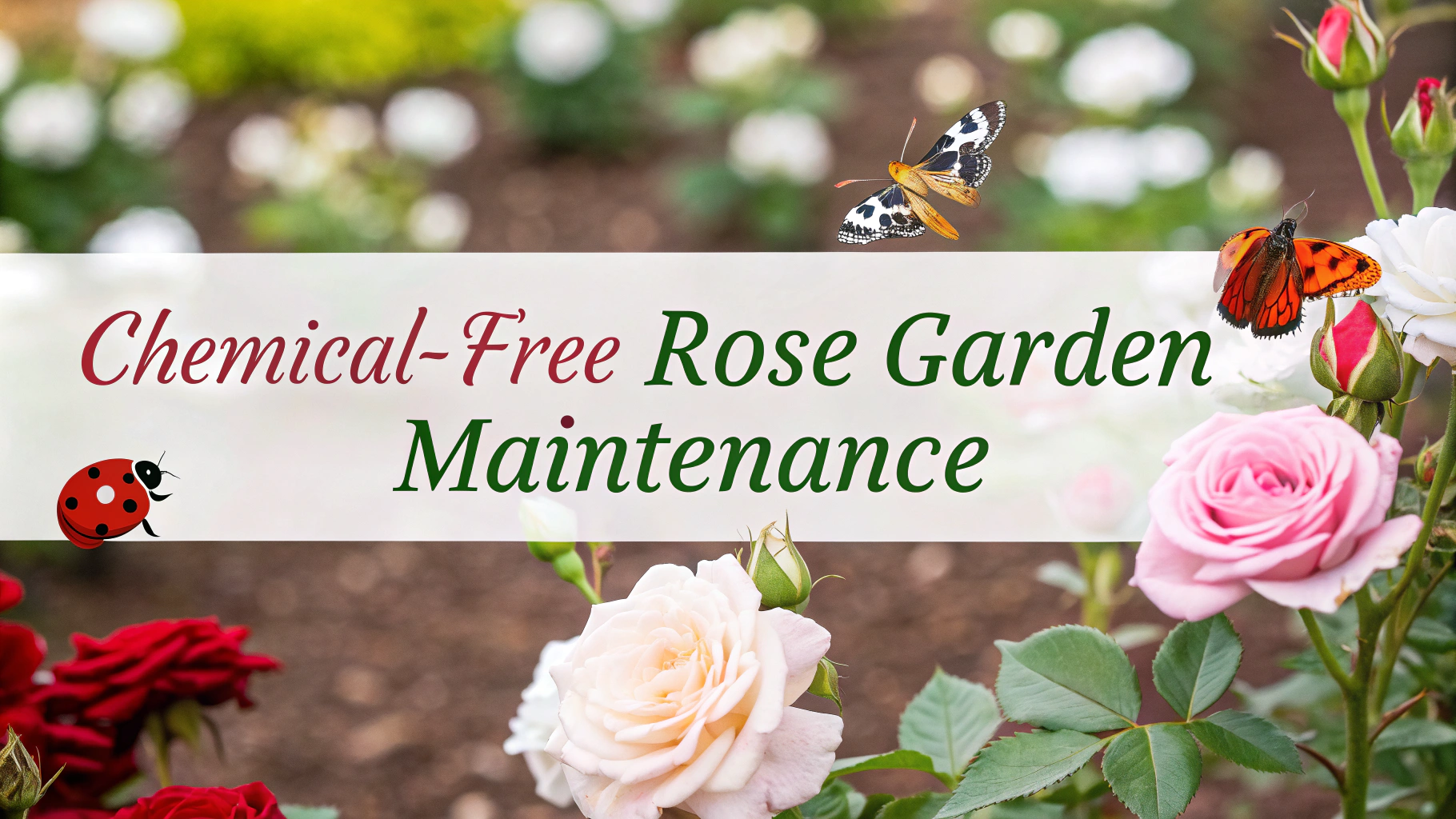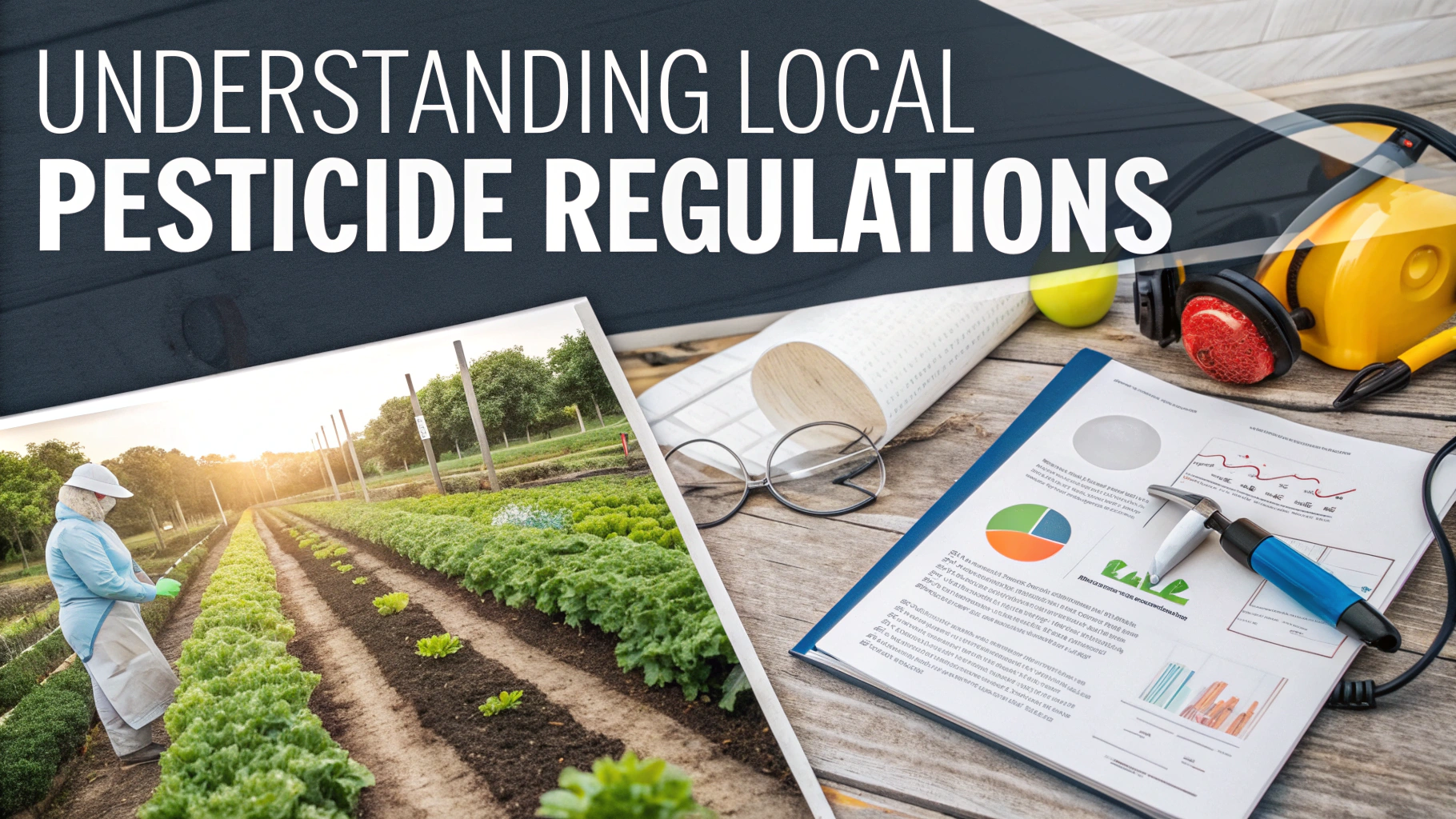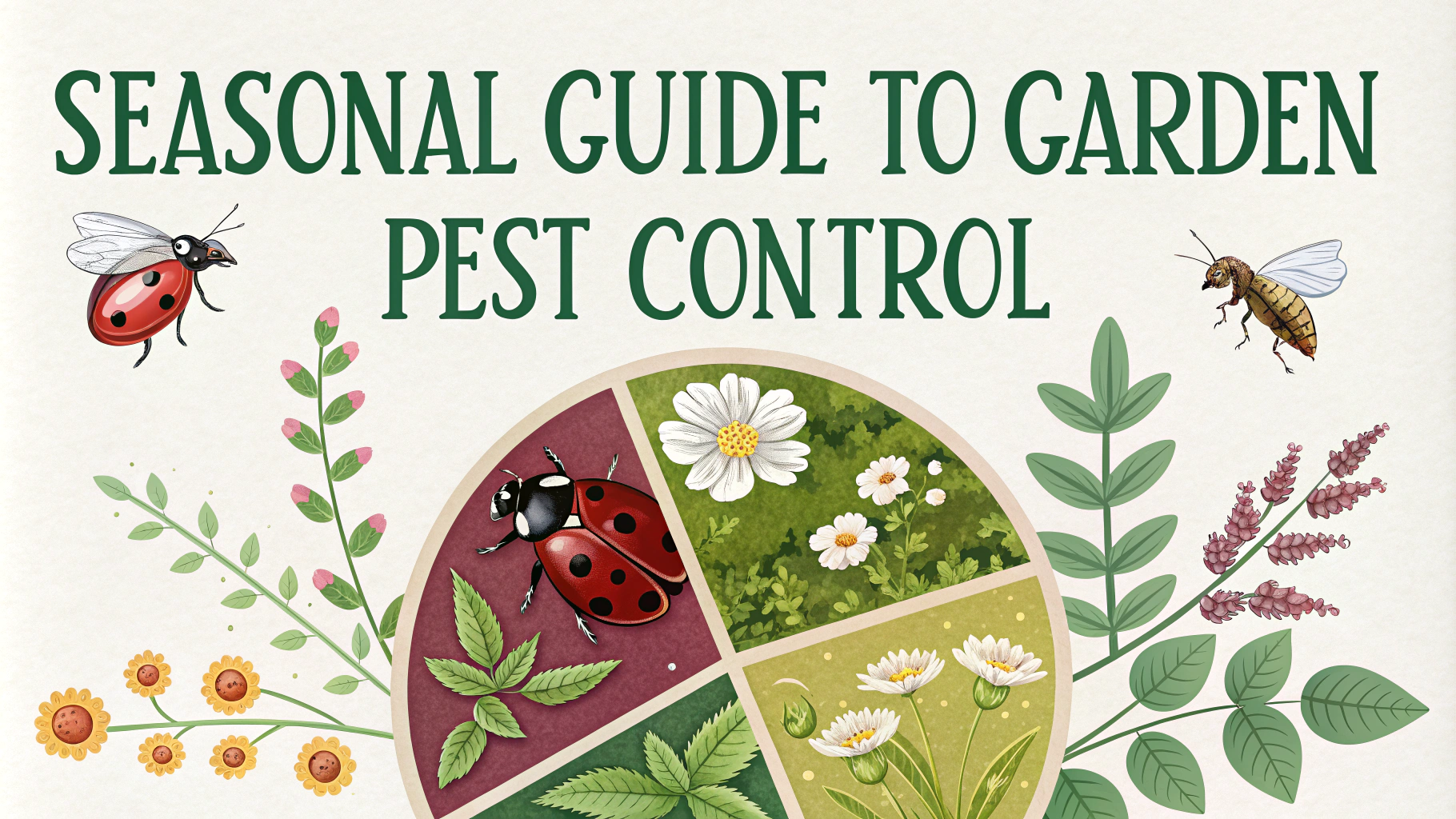Natural pest control methods are not just budget-friendly but also protect beneficial insects and keep harmful chemicals away from your food crops.
Natural Pest Prevention Basics
Healthy soil creates resilient plants that naturally resist pests and diseases.
- Add quality compost to improve soil structure
- Test soil pH and amend accordingly
- Practice crop rotation annually
- Space plants properly for good airflow
DIY Organic Pest Solutions
Make these effective sprays using common household ingredients:
| Solution | Recipe | Target Pests |
|---|---|---|
| Garlic Spray | 2 garlic bulbs + 1 quart water | Aphids, beetles |
| Soap Spray | 1 tbsp castile soap + 1 quart water | Soft-bodied insects |
| Neem Oil | 2 tsp neem oil + 1 quart water | Multiple pests |
Companion Planting
Strategic plant placement helps naturally deter unwanted insects while attracting beneficial ones.
- Plant marigolds near tomatoes to repel nematodes
- Grow basil with peppers to deter aphids
- Add nasturtiums as trap crops for aphids
Physical Barriers
Simple barriers can prevent pest problems before they start:
- Row covers ($10-15 at garden centers)
- Copper tape for slug control
- Cardboard collars around plant stems
- Floating row covers for flying insects
Beneficial Insects
Attract these natural predators to your garden:
- Ladybugs – eat aphids and mites
- Praying mantis – consume various pests
- Parasitic wasps – control caterpillars
- Ground beetles – eat slugs and harmful insects
Resources
Contact your local cooperative extension office for region-specific organic pest control guidance: Extension Office Directory
Join community gardening groups through American Community Gardening Association to share organic pest control tips with local gardeners.
Monitoring and Early Detection
Regular garden inspection helps catch pest problems early when they’re easier to manage naturally:
- Check plants weekly for signs of damage
- Inspect leaf undersides for eggs
- Keep detailed garden records
- Remove affected leaves promptly
Cultural Controls
Garden Maintenance
- Remove plant debris regularly
- Maintain proper irrigation schedules
- Weed frequently to reduce pest habitats
- Prune for better air circulation
Timing Strategies
Strategic planting and harvesting can minimize pest exposure:
- Plant early or late to avoid peak pest seasons
- Harvest promptly when crops mature
- Time plantings to local pest cycles
Conclusion
Natural pest control requires a holistic approach combining prevention, monitoring, and multiple control methods. While results may take longer than chemical solutions, these sustainable practices create a healthier garden ecosystem that becomes increasingly resilient over time.
Focus on building healthy soil, encouraging beneficial insects, and implementing preventive measures. When pest issues arise, start with the least invasive solutions first. Document what works in your garden and adjust strategies seasonally.
FAQs
- How can I control pests in my organic garden without using chemical pesticides?
Companion planting (like marigolds and nasturtiums), introducing beneficial insects like ladybugs and praying mantises, using neem oil, and maintaining healthy soil to promote strong plants that naturally resist pests. - What are the most cost-effective natural pest deterrents I can make at home?
Garlic and hot pepper spray (blend garlic, hot peppers, and water), soap spray (mix gentle liquid soap with water), or vinegar solution (diluted apple cider vinegar) are effective and inexpensive options. - How can I improve soil fertility without buying expensive organic fertilizers?
Start a compost pile using kitchen scraps and yard waste, practice crop rotation, use cover crops like clover, and incorporate free local resources like fallen leaves and grass clippings. - What are the best ways to collect and save seeds to reduce gardening costs?
Let healthy, non-hybrid plants go to seed, collect seeds when fully dry, store in paper envelopes in a cool, dry place, and label with variety and date. - How can I create free or low-cost organic mulch for my garden?
Use shredded leaves, grass clippings, straw, newspaper, or cardboard as mulch. Check with local tree services for free wood chips or contact local farms for aged manure. - What are effective organic weed control methods that don’t cost much?
Hand pulling, mulching, using boiling water, corn gluten meal as pre-emergent, and sheet mulching with cardboard or newspaper covered with organic matter. - How can I start an organic garden on a tight budget?
Begin with easy-to-grow vegetables, use recycled containers, start plants from seeds, create your own compost, and join local gardening groups to exchange resources. - What are the most cost-effective natural soil amendments?
Used coffee grounds, crushed eggshells, banana peels, wood ash from untreated wood, and homemade compost tea are excellent free or low-cost soil supplements. - How can I prevent plant diseases organically without expensive treatments?
Proper plant spacing for air circulation, morning watering, crop rotation, removing diseased plants promptly, and maintaining soil health through composting. - What are the most sustainable ways to water an organic garden economically?
Collect rainwater in barrels, use mulch to retain moisture, install drip irrigation systems, water deeply but less frequently, and group plants with similar water needs together.

